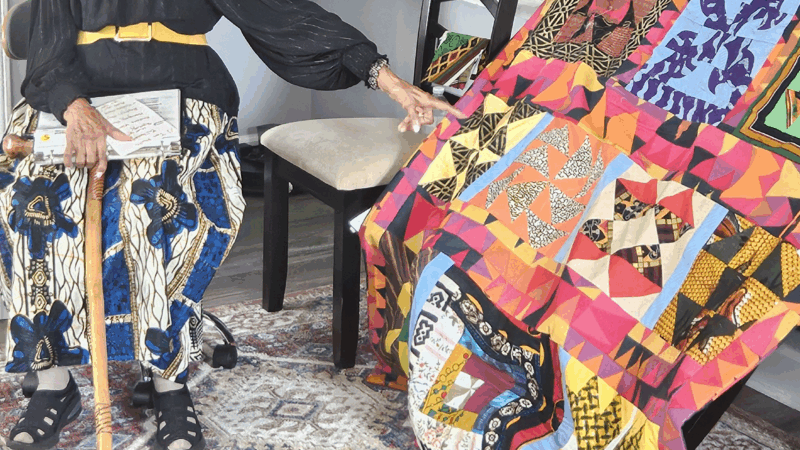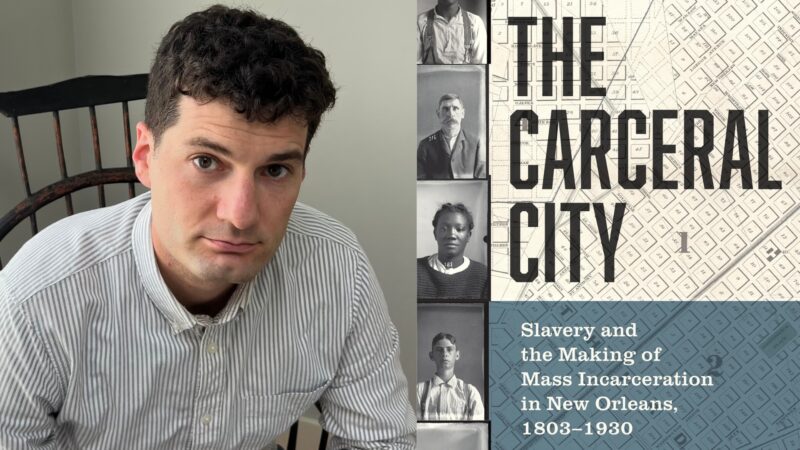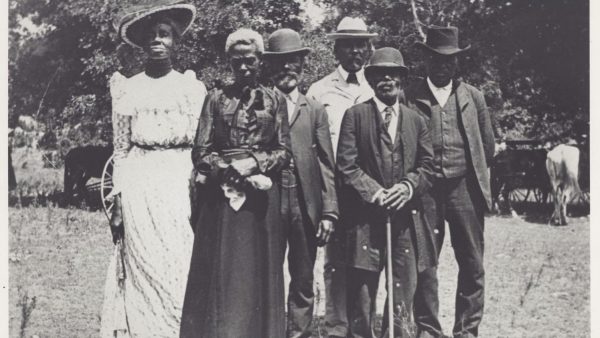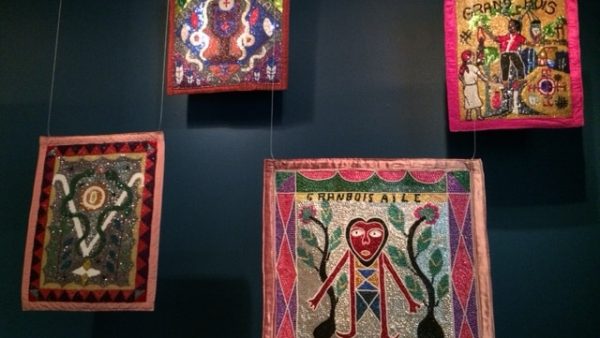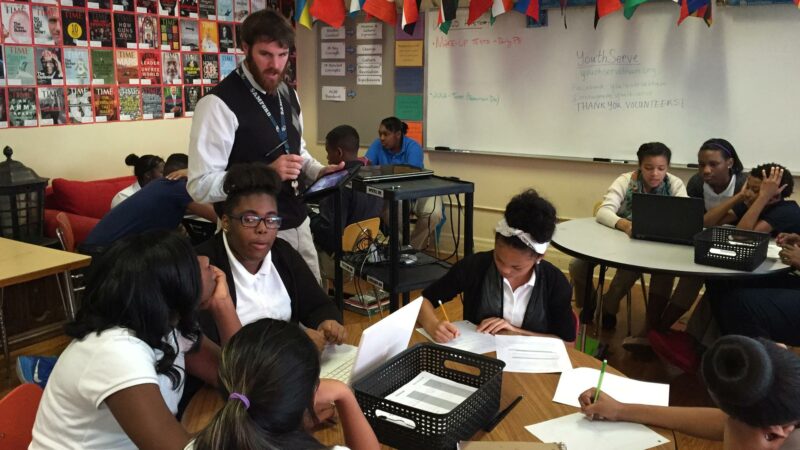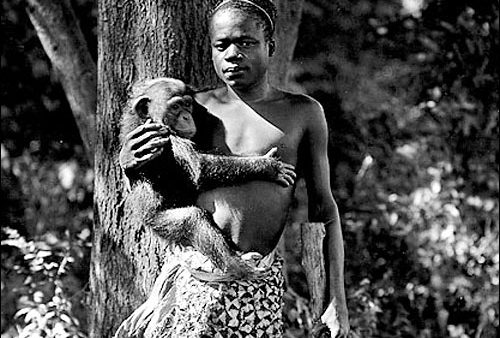slavery
On Juneteenth, she celebrates the role quilts may have played in Underground Railroad
Edith Edmunds, who is 99 years old, the art of quilt making is inextricably linked to the Black struggle for freedom. That's why she plans to be sewing Thursday on Juneteenth.
Q&A: The little-known history of how enslaved people were jailed in antebellum New Orleans
Author John Bardes discusses how Louisiana’s complicated history with mass incarceration began with imprisonment being used as a tool against enslaved people.
Slavery’s ghost haunts cotton gin factory’s transformation
What was once the world's largest cotton gin factory is being renovated into apartments. Some people in Prattville want the stories of the enslaved people who built and worked in the factory told along with that of its founder, Daniel Pratt.
Juneteenth: A Celebration of the End of Slavery
June 19th 1865 -- or Juneteenth – marked the official end of slavery in the U.S. Barry McNealy, an educator with the Birmingham Civil Rights Institute, says even though President Abraham Lincoln issued the Emancipation Proclamation in 1863, it didn’t free all slaves.
Historic Monuments Bill Passes, City Council Raises Blocked
This week in the Alabama legislature, the Senate voted to block a big pay raise for the next Birmingham City Council. And after hours of heated debate Thursday, lawmakers in the Alabama House passed the controversial historic monuments bill.
Museum Exhibit Tells Spiritual Story of African Slaves in Haiti
A new exhibit opening at the Birmingham Museum of Art shows the marriage of African spirituality and Western traditions. The exhibit is called Haitian Flags and consists of ceremonial tapestries used by people of the Vodou faith. Vodou is still practiced on Haiti today. WBHM’s Esther Ciammachilli spoke to curator Emily Hanna at the museum to learn more.
Teaching Tough Topics: The South’s Real History
Teaching subjects that trigger strong emotions and political divides is challenging. In the South, many of those fault-lines — racial, religious and otherwise — are intimately tied to its history. This […]
Journalist Pamela Newkirk on the Astonishing Life of Ota Benga
The 1904 Saint Louis World's fair is best known to Birminghamians as the place where Vulcan debuted, before moving to his permanent home on Red Mountain. But it was also host to an exhibit displaying thousands of humans from around the world. Among them was a young Congolese man named Ota Benga. He was captured by former missionary Samuel Phillips Verne and brought to America for the exhibit. Benga's story is the subject of the new book Spectacle: The Astonishing Life of Ota Benga by journalist Pamela Newkirk. She told WBHM’s Rachel Lindley about Ota Benga’s life, and the cultural mindset that led to his captivity.

